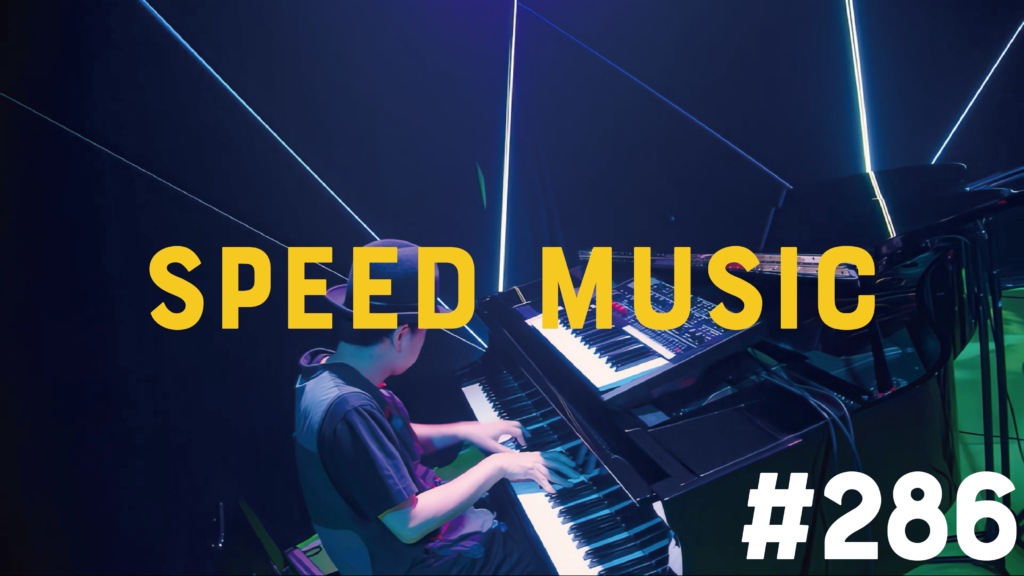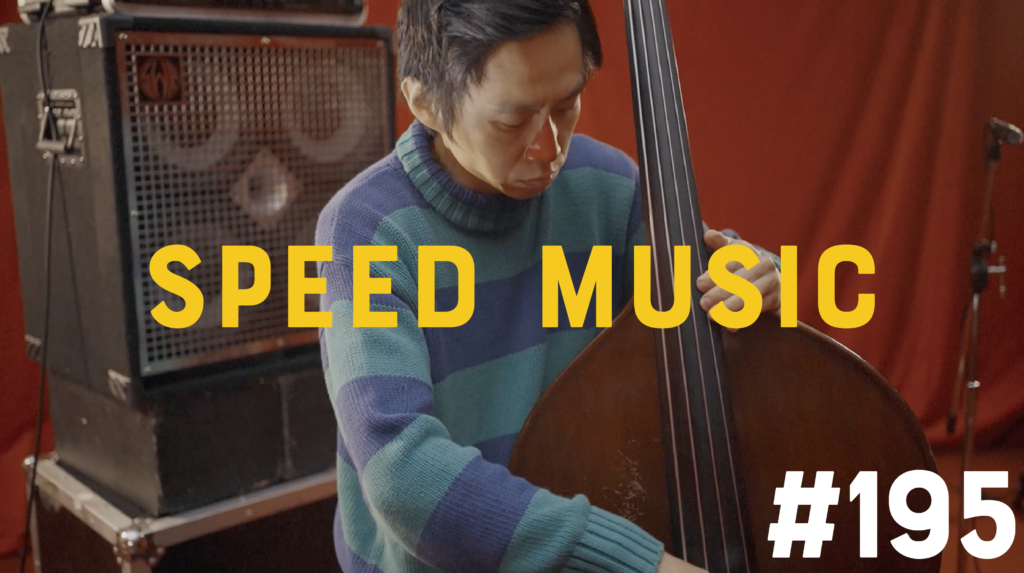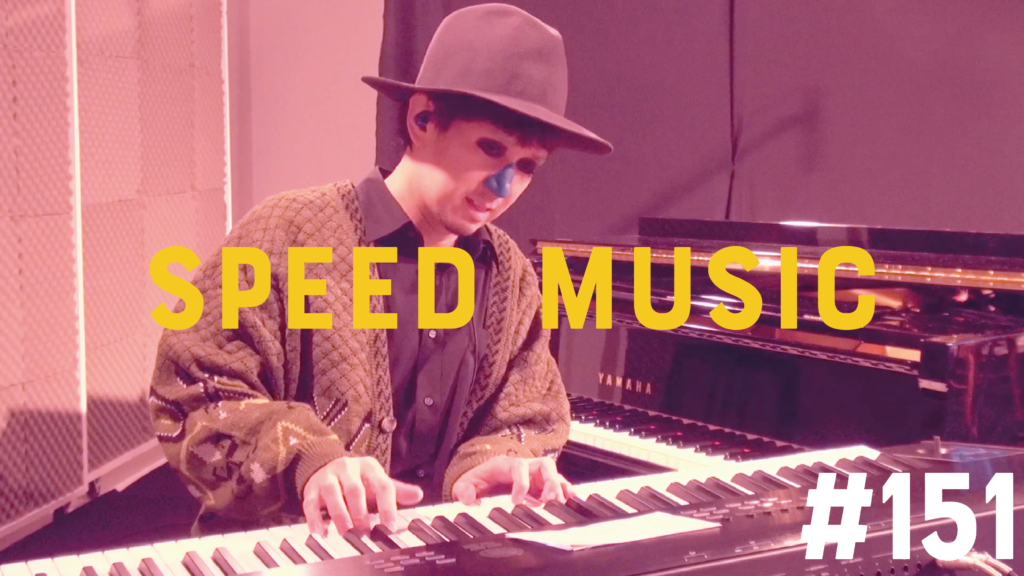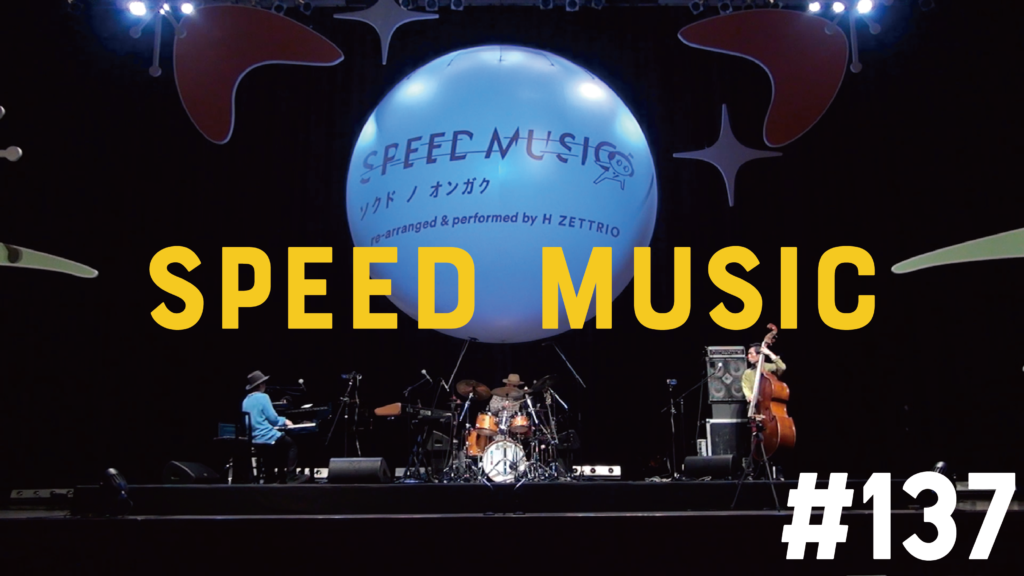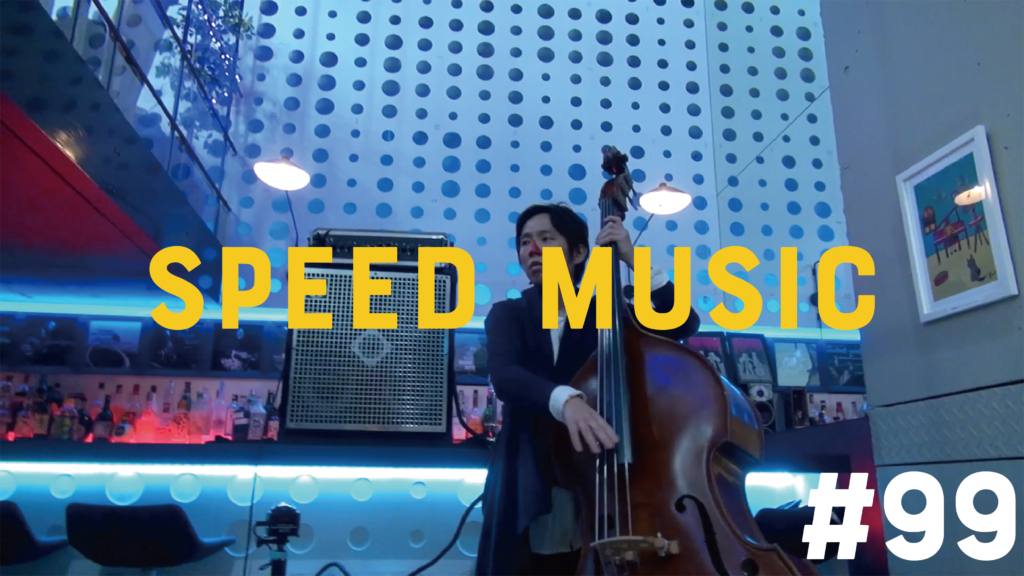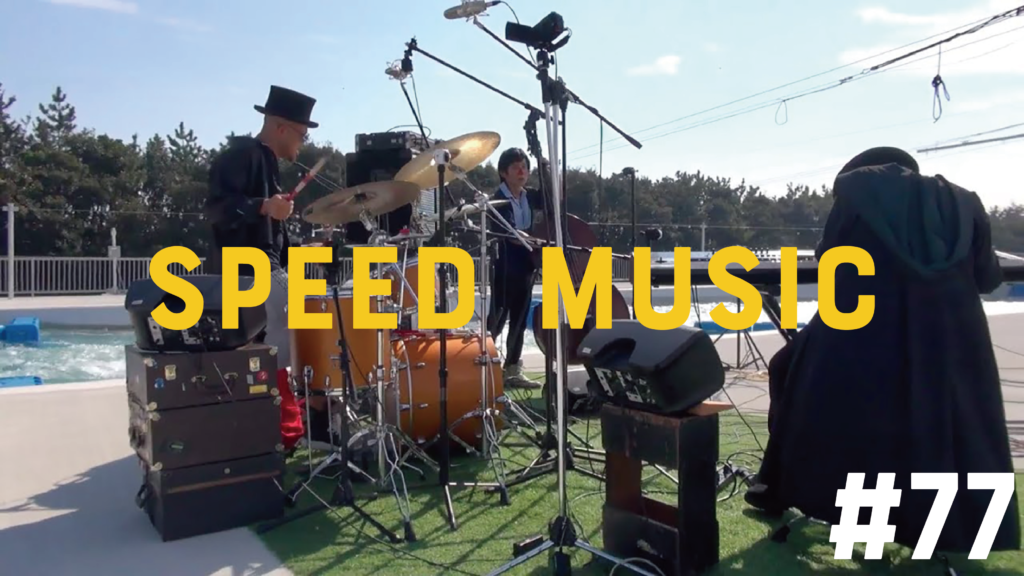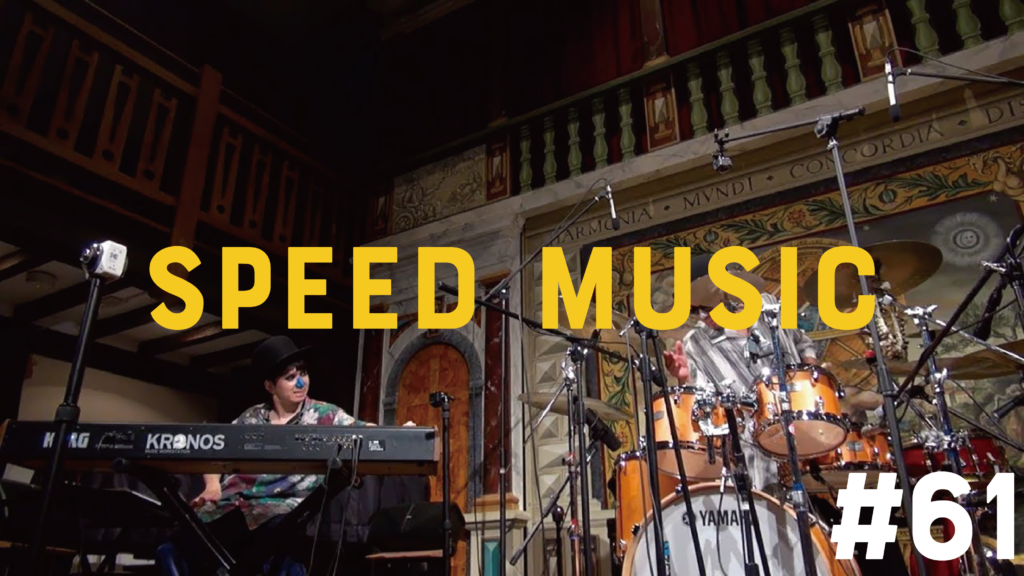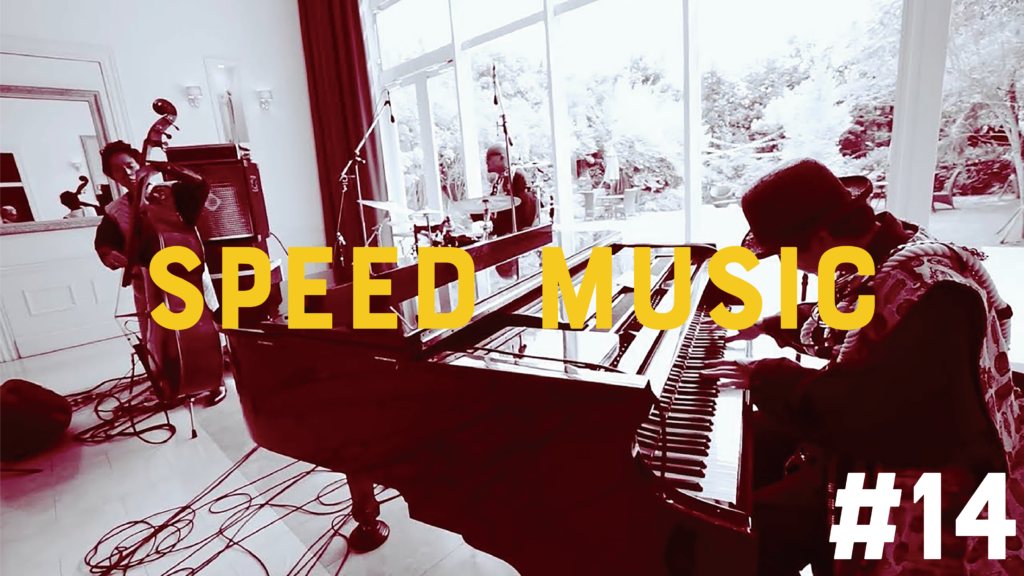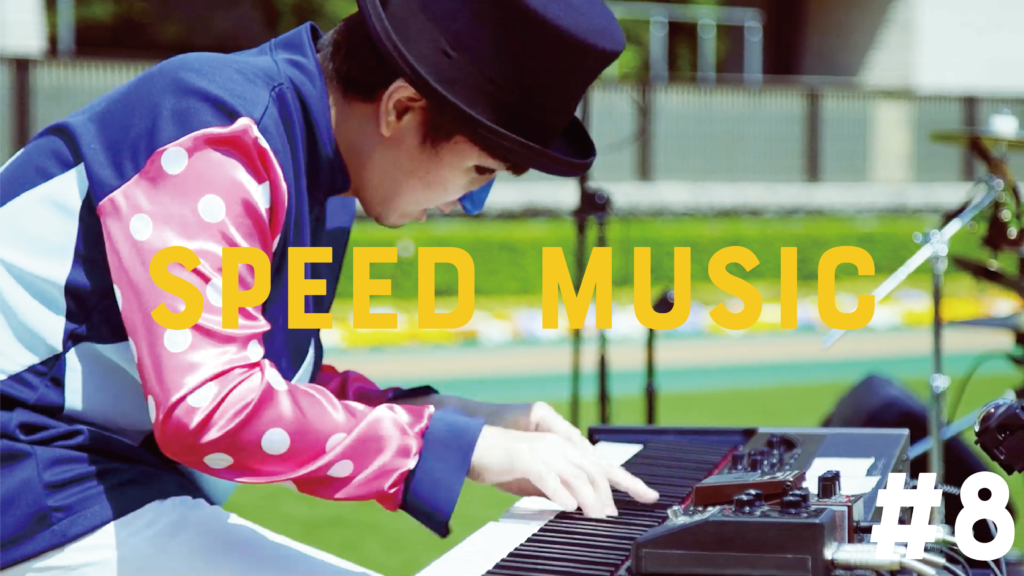#195 みちのくひとり旅 / 山本譲二 by H ZETTRIO
1980年8月5日に発売された山本譲二のシングルである。山本の師匠である北島三郎が「いい曲があるから」と、山本に馬渕玄三(音楽ディレクター)に逢うよう指示され、馬渕の所へ行くと本曲作曲の三島大輔に引き合わされた。そこで聴かされたのが本曲であり、山本は「この曲を僕に歌わせて下さい」と自ら土下座して懇願、レコーディングを経て発売することになる。(フリー百科事典 ウィキペディア日本語版より:https://x.gd/CcBo8)
This is Joji Yamamoto's single released on August 5, 1980. Yamamoto's mentor, Saburo Kitajima, told Yamamoto that he had a good song, and instructed him to meet Genzo Mabuchi (music director), and when he went to Mabuchi, he was introduced to Daisuke Mishima, the composer of the song. This was the song that Yamamoto was asked to listen to, and he knelt down on his knees and begged, saying, ``Please let me sing this song.'' After recording it, it was released. (From the free encyclopedia Wikipedia Japanese version: https://x.gd/CcBo8)

